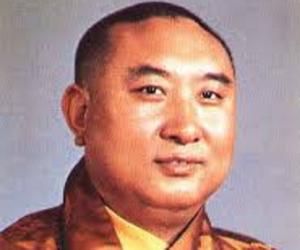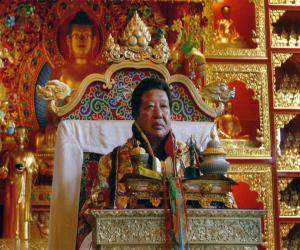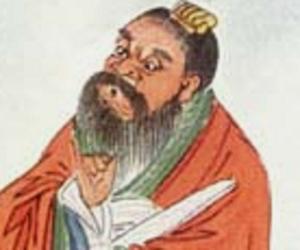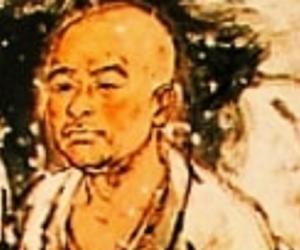1
Choekyi Gyaltsen, 10th Panchen Lama
(10th Panchen Lama)

17
3
Birthdate: February 19, 1938
Sun Sign: Pisces
Birthplace: Haidong, China
Died: January 28, 1989
The 10th Panchen Lama Choekyi Gyaltsen was a prominent figure in Tibetan Buddhism, holding the position as the spiritual leader of the Gelug school. Known for his deep scholarly knowledge, he played a vital role in educating monks, preserving Buddhist traditions, and promoting peace and harmony. He was a strong advocate for Tibetan culture and religious freedom. Throughout his professional life, the 10th Panchen Lama worked tirelessly to uphold the teachings of Buddha Amitabha and guide his followers on the path to enlightenment.







